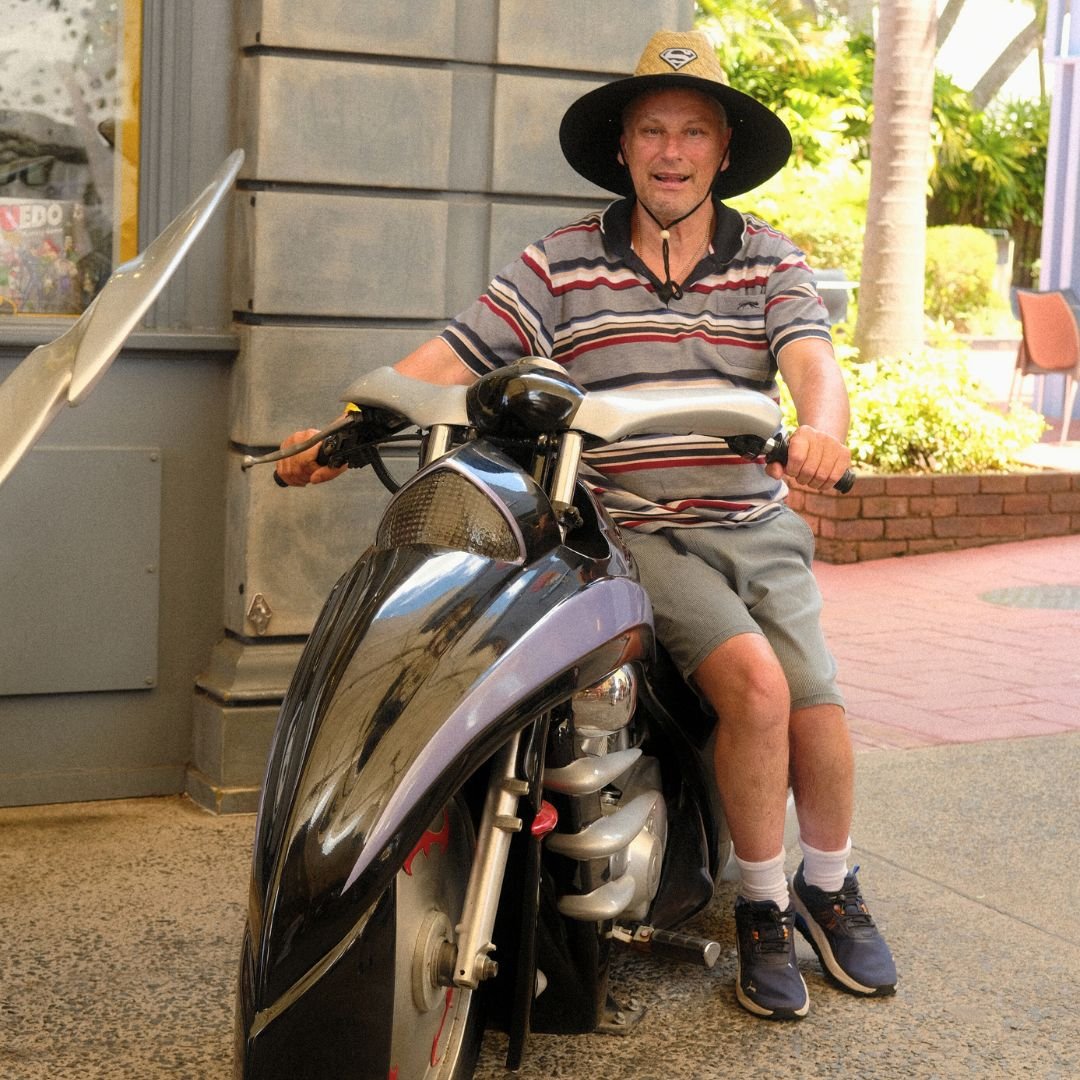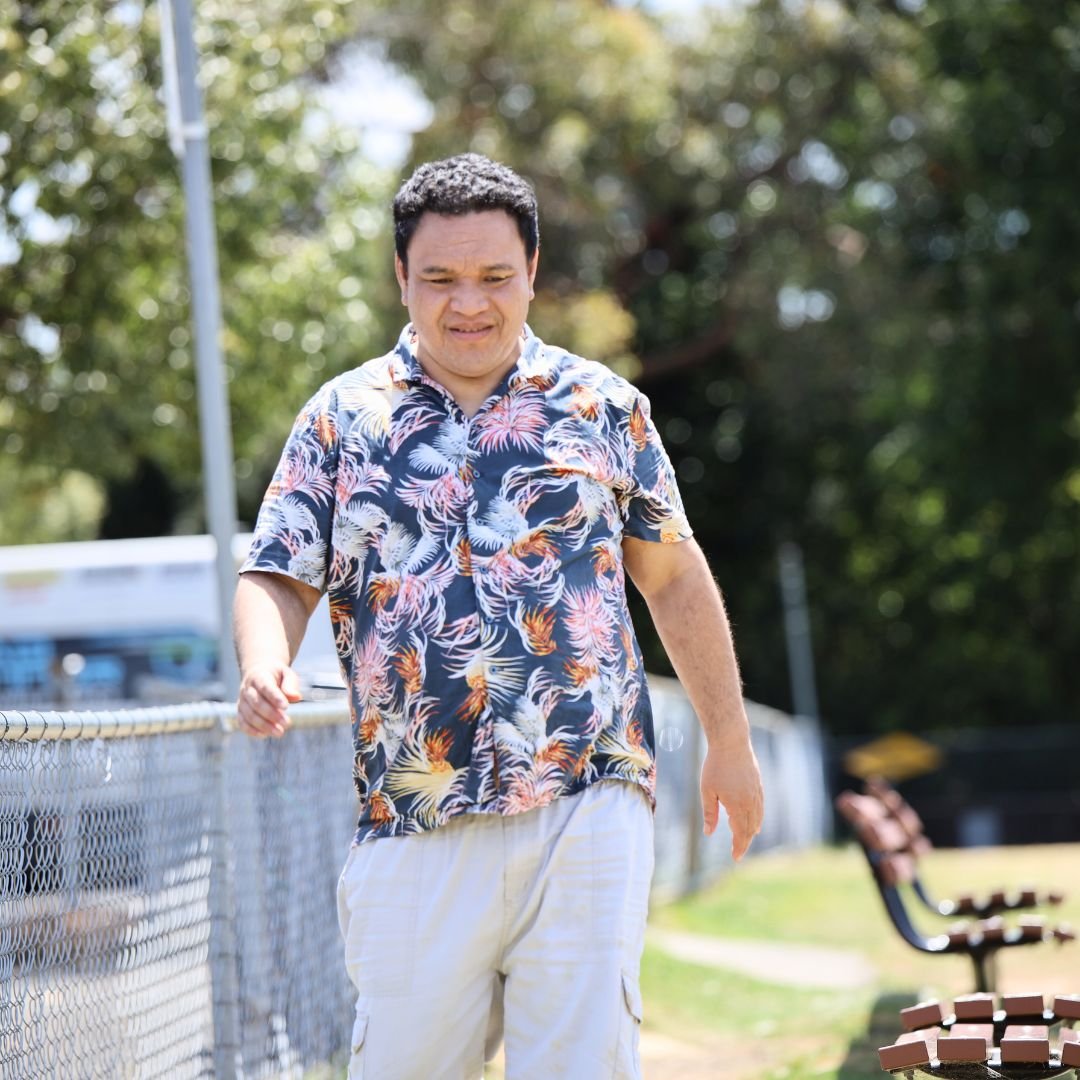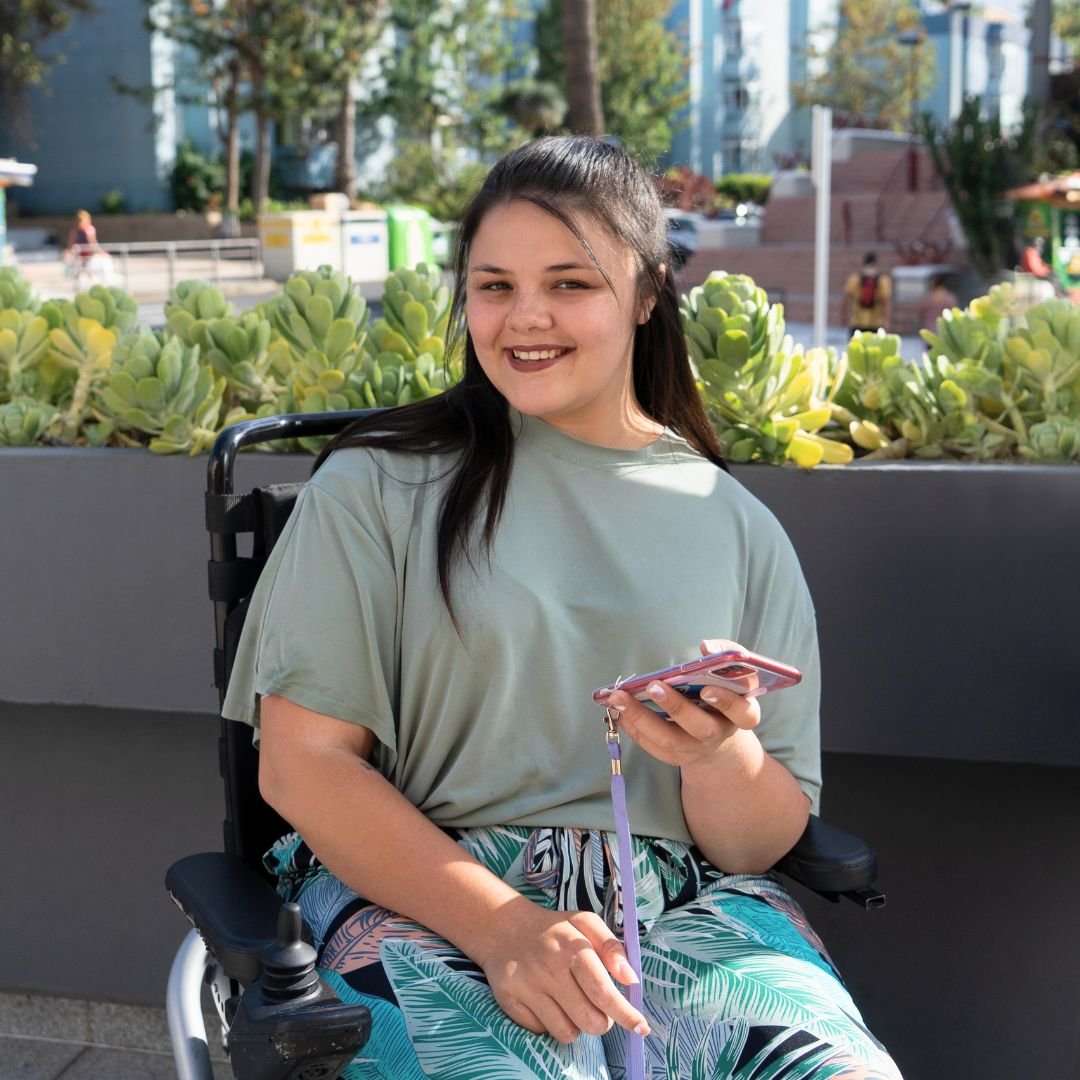CCA Service Delivery Approach
CCA supports people to live in their community
Community Connections Australia offers comprehensive support to assist people living with disabilities lead independent lives in a way that is meaningful to them.
We take a 'Build Your Own Service' approach with all the people we support and we focus on customising disability services to fit each person's unique needs and preferences, rather than relying on a one-size-fits-all.
Our philosophy has always emphasised the autonomy, empowerment, inclusion, respect, worth and inherent dignity for every person. We have always recognised that people thrive in their own homes and within their chosen community.
Our premise is that every person we support is respected as an individual in their own right.
Our Focus Group & Advisory Group
At CCA, we are committed to ensuring that the voices of our participants play a central role in shaping service delivery decisions. To strengthen this commitment, we are restructuring both our Focus Group and Advisory Committee to better reflect the diverse needs and experiences of those we support.
Focus Group
The Focus Group specifically caters to people living with intellectual disabilities, providing them with a safe, inclusive, and well-supported environment where they can actively share their insights, experiences, and feedback. Additional resources are available to ensure all members feel confident and empowered to contribute meaningfully to discussions about their services.
Advisory Group
The Advisory Committee focuses on the perspectives of individuals with physical disabilities, ensuring their unique needs and challenges are considered in CCA’s service planning and delivery. This group provides valuable insights into accessibility, community inclusion, and broader disability service delivery strategies.
Welcoming Families and the Wider CCA Community
Family members, carers, and other individuals connected to CCA are encouraged to attend and participate in these meetings, fostering a collaborative approach to service improvement.
Meeting Structure & Frequency
Meetings are held every three months, with the option to join either in person or online, making it easier for all stakeholders to engage, regardless of their location or circumstances.
Both groups contribute to service delivery enhancements that reflect the diverse viewpoints of our participant base, promoting greater inclusivity, empowerment, and effective decision-making within CCA.
Both Groups have the opportunity to meet with CCA's Board of Directors to offer advice, discuss recommendations and insights into CCA's service delivery streams.
CCA Diversity & Inclusion Framework
1. Vision & Commitment
Community Connections Australia (CCA) is committed to fostering an inclusive environment that respects and supports the diverse backgrounds, cultures, values, and beliefs of both clients and staff.
2. Guiding Principles
Respect & Recognition: Acknowledge and respect individual differences.
Equity & Accessibility: Ensure fair and inclusive service delivery.
Cultural Competency: Equip staff with the skills to support diverse needs.
Community Engagement: Foster relationships with diverse communities.
Continuous Improvement: Regularly assess and enhance diversity initiatives.
3. Key Focus Areas
Identification & Documentation:
Collect and update participant diversity-related information during meet & greets and service reviews.
Integrate cultural and personal values into service planning and through recording information in Personal Training Needs.
Cultural Training & Awareness:
Provide regular cultural awareness and inclusion training.
Provide participant-centric training through Personal Training Needs.
Inclusive Practices in Service Delivery:
Ensure support plans and services reflect each participants chosen beliefs
Where possible, match staff to participants based on cultural alignment.
Community & Stakeholder Engagement:
Collaborate with diverse groups to enhance service accessibility.
Encourage participation in culturally significant events.
Monitoring & Accountability:
Implement feedback mechanisms (surveys, interviews)to assess inclusivity.
Implement improvements based on feedback.
4. Implementation & Evaluation
Assign leadership responsibility for diversity initiatives.
Regularly review feedback and adjust strategies accordingly.












